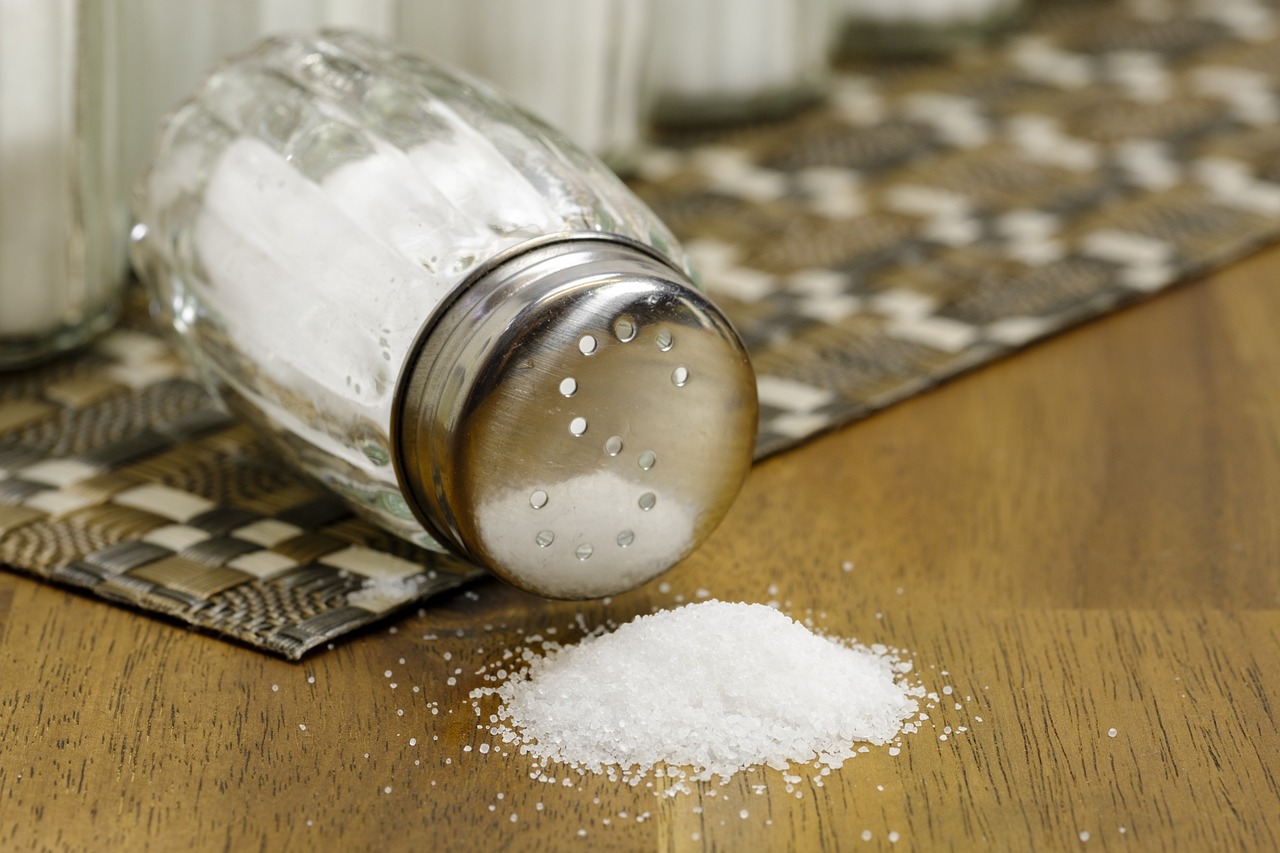Blood
Low-sodium diet lowers blood pressure as much as meds, study says
(NewsNation) — A new study found a low-sodium diet could lower blood pressure in nearly 75% of individuals.
The study, published in the JAMA Open Network, included 213 patients and found that lowering sodium in the diet resulted in a drop in systolic blood pressure comparable to first-line medications used to lower blood pressure.
Researchers included participants between the ages of 50 and 75, including those with normal blood pressure, as well as patients with high blood pressure controlled by medication, uncontrolled high blood pressure and those with high blood pressure who were not receiving treatment. Participants were studied with one week of their regular diet, one week on a low-sodium diet and one week on a high-sodium diet.
The study used 24-hour blood pressure monitoring to determine the results and urine collection to ensure participants adhered to the diet. The low-sodium diet contained an average of 500 mg of sodium per day.
The study found that a low-sodium diet reduced blood pressure in 73.4% of patients, regardless of whether they already had high blood pressure or were taking blood-pressure-lowering medication.
The estimated daily average sodium intake for middle-aged to elderly adults is 3.5 g, higher than the World Health Organization and American Heart Association recommend. Individuals may respond differently to sodium intake, with some more sensitive to salt intake.
Researchers found few side effects from a low-sodium diet, though some study participants did report cramping and weakness. While most patients did lower their blood pressure while on a low-sodium diet, 5% of participants had an increase in blood pressure when salt intake was reduced. They suggested further research was needed to determine if those results came from patients not following the dietary guidelines or an indication of inverse salt sensitivity.

